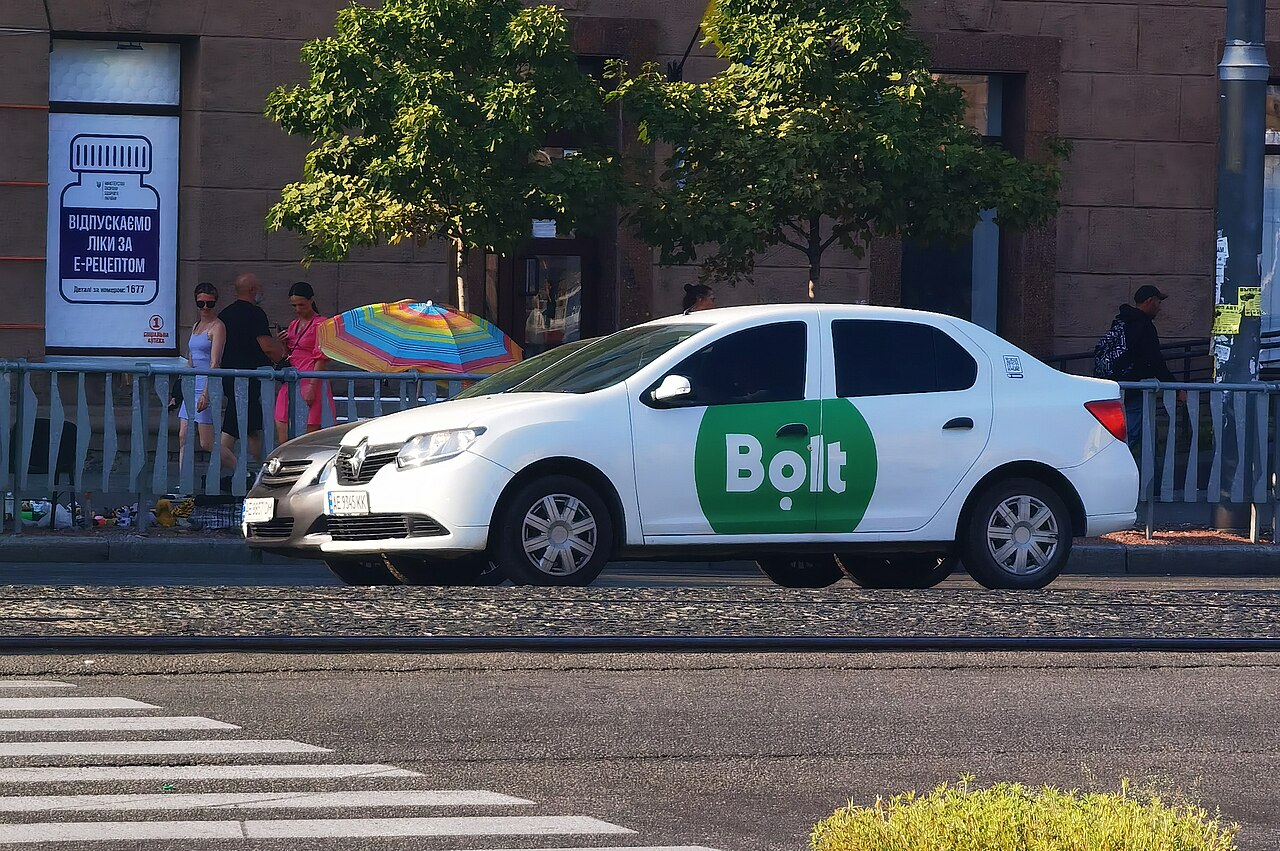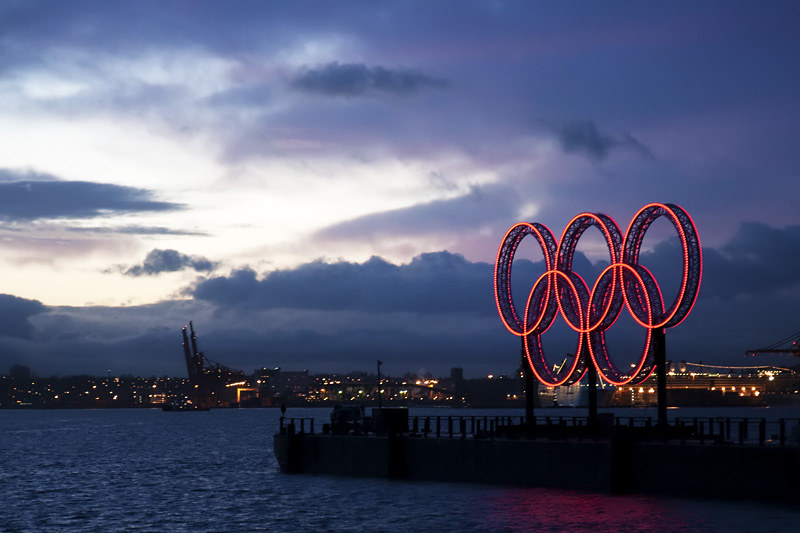Elon Musk is at it again. The billionaire who gave the world boxy electric trucks, reusable rockets that keep exploding, and the kind of tweets that make PR teams break into a cold sweat has claimed on his platform X, formerly Twitter, that Starlink is not allowed to operate in South Africa because he is not black.
Musk, who was born in Pretoria but hasn’t exactly been around to experience load shedding firsthand, believes that the country’s laws are shutting him out based on race. His comments have reignited discussions about South Africa’s policies on business ownership and economic inclusion.
At the heart of the matter is South Africa’s Broad-Based Black Economic Empowerment (B-BBEE) policy, designed to address the uneven economic playing field after apartheid. The government requires companies in key sectors, like telecoms, to have a certain percentage of local Black ownership. If Starlink wants to operate in South Africa, it needs a B-BBEE partner. But instead of talking to local businesspeople or following the rules, Musk took the express route, complaining to his 219.5 million followers.
Musk’s controversial statement
Musk took to X to write about why Starlink, his satellite internet service, can’t enter the South African market. His tweet? “Starlink is not allowed to operate in South Africa because I’m not black.”
This isn’t the first time Musk has made controversial and wildly inaccurate comments about South Africa. He has previously claimed there’s a “white genocide” happening in the country despite crime statistics not supporting that claim. He has also promoted the idea that Julius Malema, leader of the Economic Freedom Fighters (EFF), is responsible for the supposed white oppression and land seizures.
His latest tweet got South Africans talking. Some laughed it off, others were furious, and government officials responded. South Africa’s Head of Public Diplomacy, Clayson Monyela, wrote back: “Sir, that’s NOT true & you know it! It’s got nothing to do with your skin colour. Starlink is welcome to operate in South Africa provided there’s compliance with local laws. This is a global international trade & investment principle.”
So, what’s this law that’s blocking Starlink?
South Africa’s 30% local ownership rule explained
Foreign companies must comply with Black Economic Empowerment (BEE) policies designed to address economic inequalities caused by apartheid to operate in South Africa. The difference between BEE and B-BBEE is technical. Although the terms are often used interchangeably, B-BBEE refers explicitly to the government’s structured implementation of BEE policy.
One key rule? The requirement is that foreign-owned telecom companies must ensure at least 30% of their local equity is owned by historically disadvantaged groups (HDGs), which include Black people, women, and individuals with disabilities.
In post-apartheid South Africa, there’s a strong focus on black ownership. So, while HDGs include other marginalised groups like women and people with disabilities, the main goal is to make sure black South Africans have a bigger stake in the industry.
That’s where Starlink hits a roadblock. Musk, who owns SpaceX (which owns Starlink), hasn’t budged on selling local equity. SpaceX is privately owned, which means it’s not listed on the stock market. Musk is estimated to own a 42% stake in the company, while employees and venture capital investors own the rest of the company’s outstanding shares.
What about Amazon and other foreign-owned companies?
The question flooding social media was: How does Amazon Web Services (AWS) operate in South Africa if there is a 30% local ownership rule?
Amazon operates in South Africa through local partnerships, ensuring its cloud services comply with local ownership and empowerment policies. The company also works with local suppliers, businesses, and logistics partners to ensure economic inclusion.
Other international companies, like Microsoft and Vodafone Group, have also successfully navigated these policies through shareholding and partnerships.
Musk seems unwilling to come to the party to register Starlink in SA. However, he is working on registering Starlink next door in Lesotho, which, ironically, US President Donald Trump recently called an “African nation no one has heard of”.
Does Starlink even have a future in South Africa?
With Musk’s latest Twitter meltdown, people are calling out his victim complex. “Starlink isn’t banned in South Africa because of your skin colour, it’s because you refuse to comply with local laws like every other telecom provider. Play by the rules or stay out, simple,” wrote Twitter user Micheal De Villiers on X. Some have expressed how they are not interested in Starlink operating in SA because it is too expensive.
According to Reuters, an ICASA spokesperson said without explaining in depth: “ICASA has not received any application from Starlink or SpaceX.”
At this point, it’s all up to Musk. If he changes his stance and partners with a local entity, Starlink could launch here. But if he keeps tweeting instead of negotiating, we probably won’t see those satellites beaming the internet to SA anytime soon.
The bottom line
Starlink isn’t banned in South Africa. It’s simply not following the same laws every other foreign company has followed.
If Musk wants Starlink to operate in South Africa, he must find a local partner and comply with the 30% ownership rule, as Amazon, Microsoft, and Vodafone have done. Otherwise, he will remain locked out.
While other global companies have successfully navigated South Africa’s telecom and business regulations by forming partnerships with local firms and meeting the country’s compliance requirements, Musk appears hesitant to make the same adjustments. This reluctance could be because of his desire to retain control over Starlink’s operations and avoid the complexities of sharing ownership or adapting to local laws.
However, in a country like South Africa, where policies such as Black Economic Empowerment are designed to address historical inequalities, foreign companies are required to engage with local stakeholders and invest in the community. If Musk wants Starlink to succeed in South Africa, he needs to comply with regulatory requirements rather than resist them.
Lona is a recent graduate with an Honours degree in Journalism and Media Studies from Wits University. Passionate about storytelling, she is eager to learn, grow, and hone her writing skills.




